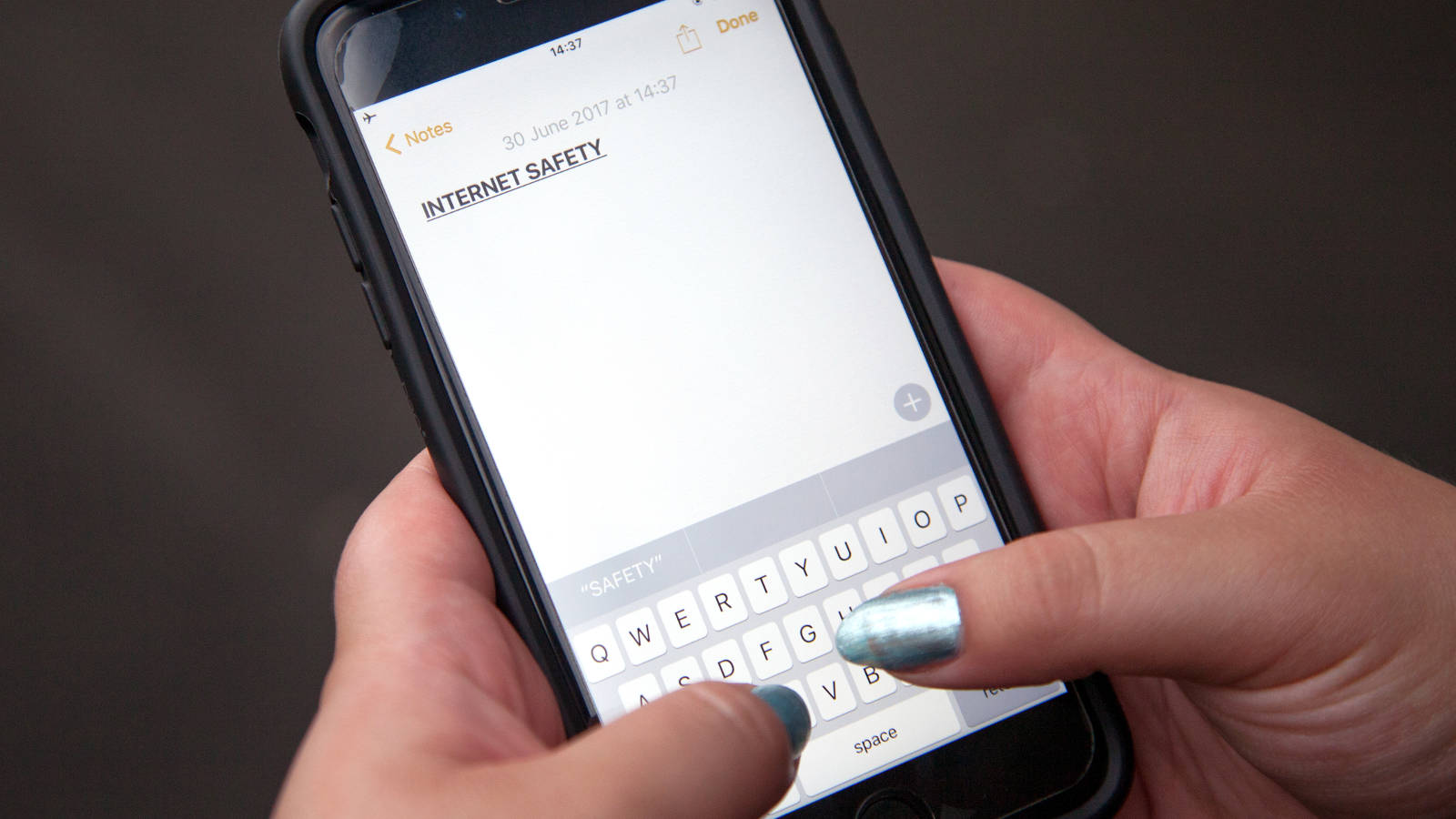The online world is now easily accessible on our phones and computers, giving us access to huge amounts of information and making communication easier than ever. This brings both benefits and dangers in terms of our mental wellbeing.
Getting support online – there are lots of ways of getting support around issues or worries online, and there are many forums and communities that can help. However, some of the information or advice out there isn’t from experts and might even encourage you to do things which make you feel worse.
Addicted to likes – it feels great when someone likes something you’ve posted online, but if you come to rely on that to feel good about yourself it can easily develop into something that makes you feel worse. Try to have breaks from social media and get a good balance between socialising on and offline.
Comparing and despairing – on social media everyone’s life can look perfect, and it can be difficult not to compare ourselves and feel like we’re not matching up. The reality of course is that people often only put the very best version of themselves and their lives on show.
Cyberbullying – this is bullying that happens online; it should be taken just as seriously as bullying at school or elsewhere. It could be hurtful messages or posts or any kind of harassment online. The best thing to do is to block and report the people involved, and then use the privacy settings to limit what people can see on your profile. You could also talk to an adult about it and see if there are ways to sort it out.
Sharing and oversharing – we put a lot of our lives online, and we need to think carefully about what and how much of ourselves we share. Young Minds suggest the following:
- What you put online stays online. Even things you delete can be saved or screenshotted – including those Snapchat snaps meant for just one friend.
- Online strangers are still strangers. Forums and group chats can be a great way to connect over things you wouldn’t say face to face, but don’t feel pressured to share more than you feel comfortable with.
- It’s easy to over-share on social media sites, especially if you forget who can see your profile. You can use Facebook’s Friend settings to create lists so that only people you trust can see all your updates.
- Privacy is possible. Make sure you use social media site settings to protect your information. Don’t hesitate to block anyone who makes you feel uncomfortable.
This video is based on a report about the effects of social media on young people’s mental health. It includes a league table of social media platforms according to their impact. YouTube tops the table as the most positive with Instagram and Snapchat coming out as the most detrimental to young people’s mental health and wellbeing.
Off the Record’s mental health campaigning group Mentality recently held a discussion on the effects of social media on young people’s emotional wellbeing. People thought that social media can be useful for keeping in touch with friends, accessing support networks, and finding out about events. But they agreed that there are lots of drawbacks, including the constant distraction, the pressure to have a perfect body or life, and the potential for misuse.
They came up with some top tips for keeping mentally well online:
- Just turn off!
- Be mindful of what you share. Don’t over-share and think before you post so you don’t regret it later
- PRIVACY SETTINGS. It is incredible how much info you can glean from a profile page. And of course don’t meet strangers!
- Clear out those ‘friends’ who aren’t friends. Nobody knows 500 people
- Question the validity/helpfulness of groups
- Be wary of trolls etc. Avoid taking the bait of people who are being inflammatory on purpose, it’s not worth it
- Remember other people only share the best bits of their lives. Comparing all of your life against the best bits of their life just doesn’t add up and it’ll leave you feeling bad. Don’t compare!
Students from Brimsham Green School in Yate produced this video about social media and some of the risks.
 Blackhorse Primary School in Emerson’s Green ran an experiment to see if limiting their device use before bedtime affected their sleep. Families who completed the challenge found that almost 80% of children reported they felt more refreshed and alert during the digital detox week. They also tended to go to bed earlier, therefore getting more sleep.
Blackhorse Primary School in Emerson’s Green ran an experiment to see if limiting their device use before bedtime affected their sleep. Families who completed the challenge found that almost 80% of children reported they felt more refreshed and alert during the digital detox week. They also tended to go to bed earlier, therefore getting more sleep.
Schools employ a variety of people to look after your wellbeing. Some of the titles of these staff may vary in your school but you will be able to find out about them from a teacher. Most schools have a nurse who will either have a drop-in clinic or you can make an appointment to see them.
GP – you can make an appointment to visit your doctor or a nurse at the surgery to talk about any worries or concerns you have. Call your GP surgery to speak to the receptionist or go there in person. The receptionist will probably ask you who the appointment is for and why; this is to make sure that you see the right person at the right time. You don’t have to tell them why – you can just say it’s for something personal if you like.
If you think you’ll might have difficulty discussing your mental health with your GP, you can find advice about how to prepare How to Talk to Your GP About Mental Health
CAMHS (Child and Adolescent Mental Health Services) – these are community teams that help children and young people with emotional, behavioural and mental health difficulties.
Off the Record – free mental health support for 11-18 year olds. www.otrbristol.org.uk, 0808 808 9120.
South Gloucestershire Talking Therapies – free support for people aged 16 and over. https://iapt-sglos.awp.nhs.uk/, 0117 378 4270.
Childnet – helping to make the internet a great and safe place for children www.childnet.com
ChildLine – free helpline for children and young people to talk about any problem 24 hours a day, 7 days a week. 0800 1111 www.childline.org.uk.
Media Smart – the advertising literacy programme for 7 – 16 year olds – materials to help you think critically about the advertising you come across in your daily life – https://mediasmart.uk.com/
The Mix: telephone and email support for under 25’s. Freephone 0808 808 4994 (1pm-11pm) Crisis Messenger 85258, www.themix.org.uk.
Kooth – Free, safe and anonymous online counselling support for young people aged 11-18yrs olds.
Thinkuknow – Guide to internet safety and safe surfing for young people. Learn about online safety when using blogs, chatting, online gaming, P2P and other forms https://www.thinkuknow.co.uk
Samaritans – if something is troubling you call 08457 90 90 90 or email jo@samaritans.org.
Reading Well; Shelf Help – a list of recommended books to help young people deal with a range of issues, available in all libraries. https://reading-well.org.uk/books/books-on-prescription/young-people-mental-health

